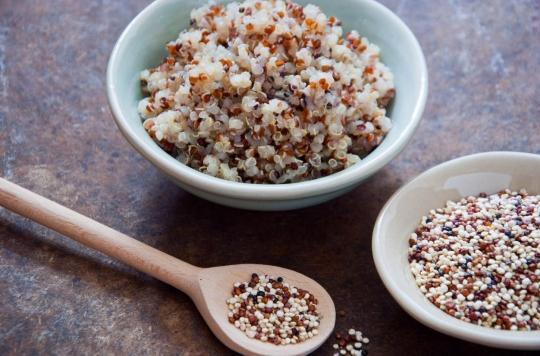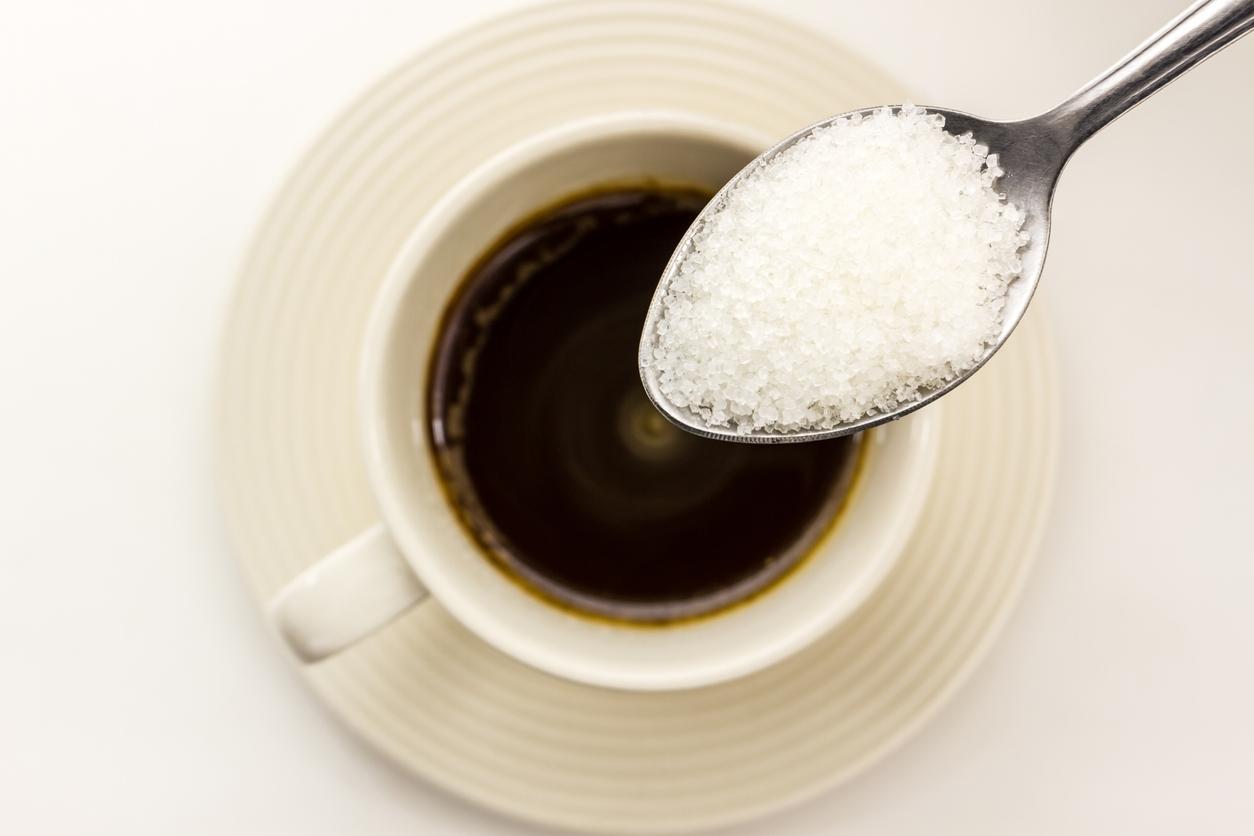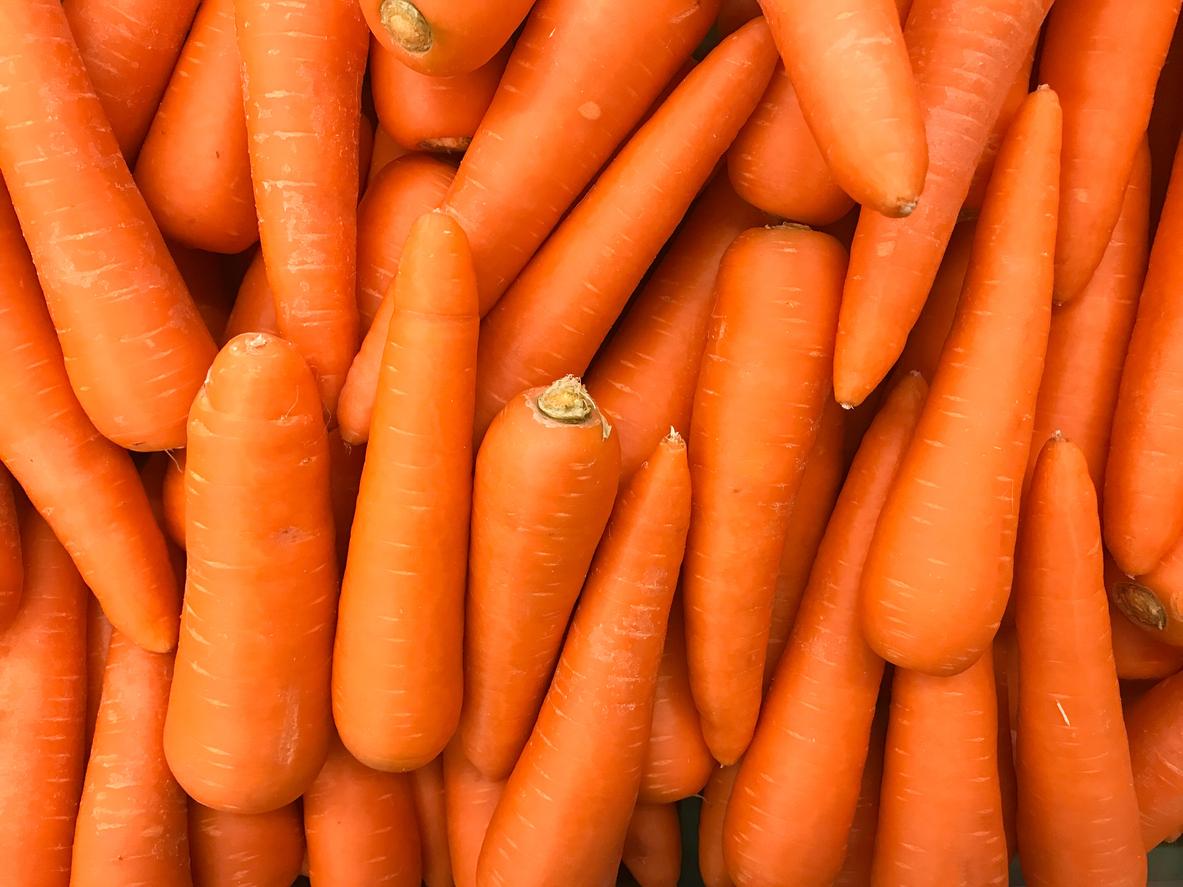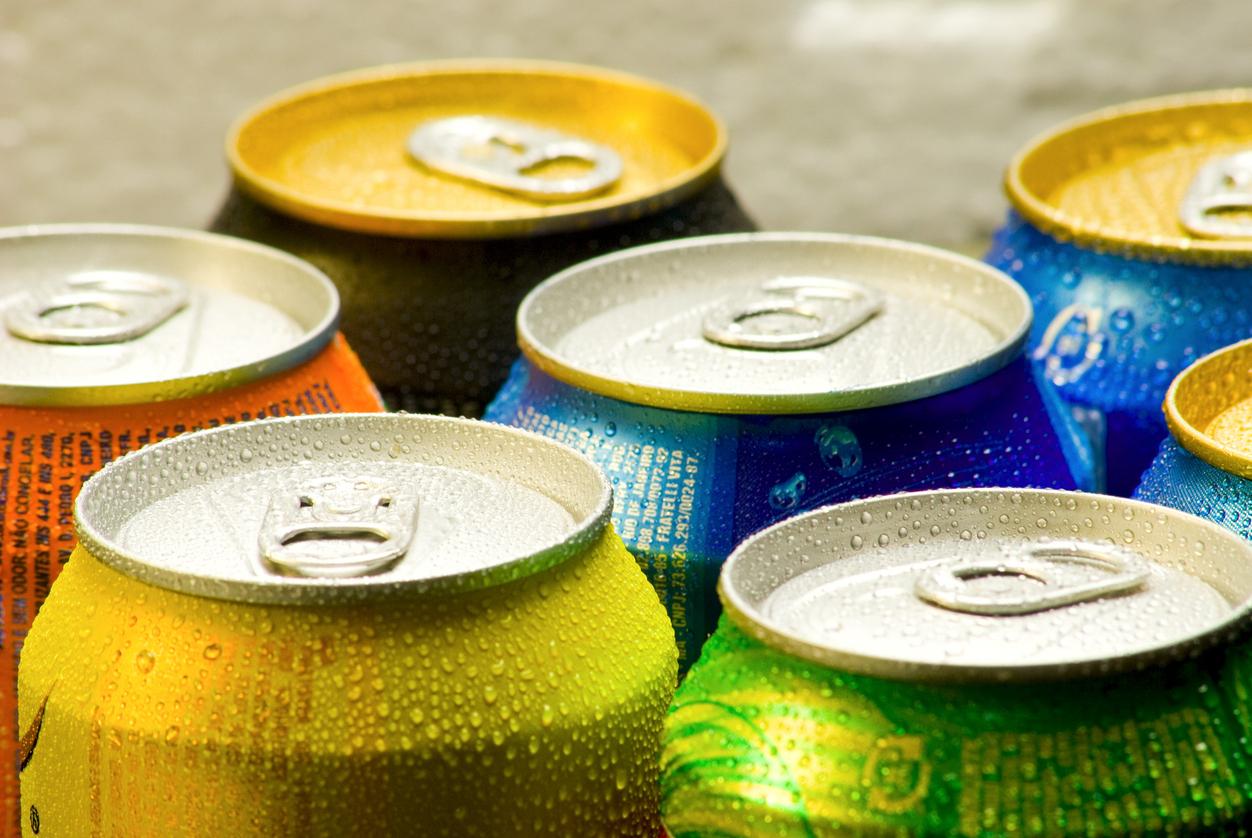Quinoa may help prevent type 2 diabetes in people most at risk of developing this disease. Incorporating it into your diet could therefore be beneficial.

- Type 2 diabetes affects nearly 500 million people worldwide.
- France is the leading European market for quinoa with an estimated consumption of 10,000 tonnes per year
It’s not for nothing that quinoa is reputed to be a “superfood”.
Slower
Indeed, it is rich in folate, magnesium, zinc and iron and its micronutrient content compared to that of bread, rice or potatoes, would help to slow down the digestion process, resulting in a slower spike in glucose.
This was noticed by scientists from the University of Catalonia, Barcelona, after following nine prediabetics over 65 for eight weeks. The goal was to see what impact on their condition would be caused by changing their diet to include quinoa.
Their results published in the journal Nutrients reveal that quinoa may help prevent type 2 diabetes in people most at risk of developing the disease. Indeed, by consuming this nutrient-rich cereal, they had lower blood sugar spikes after meals.
During the first four weeks, the patients were asked to follow their usual diet and to record their weight, their BMI… They were also equipped with a blood glucose monitoring system.
On day 28, the researchers took blood samples to see how their blood sugar levels rose after an eight-hour fast and compared them with their results after being on a quinoa-rich diet for the next four weeks. .
Determinant
Dr Diaz Rizzolo, from the Open University of Catalonia in Barcelona says:
“We compared blood sugar profiles and found that when participants ate quinoa, their blood sugar peak was lower than on their usual diet. This is crucial because these postprandial blood sugar spikes (after a meal editor’s note) are a determining factor in the progression of type 2 diabetes“.
And it is the polyphenols contained in quinoa that would help reduce these blood sugar spikes.
This micronutrient, found in most vegetables, fruits and tea, helps slow the absorption of glucose in the gut and stimulates the pancreas to produce insulin – reversing the effect of type 2 diabetes.
90%
Type 2 diabetes, which concerns 90% of diabetics, is a disease characterized by too high a level of glucose (or sugar) in the blood which differs from type 1 diabetes caused by the dysfunction of the cells of the immune system which begin to identify certain cells of the pancreas as cells foreign to the patient’s body, and to eliminate them.


















